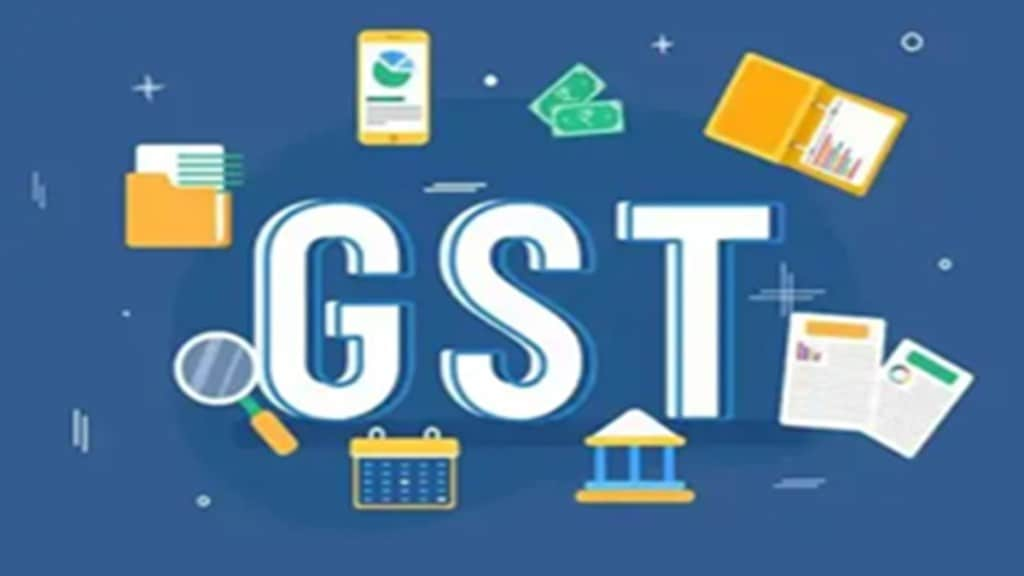The cut in Goods and Services Tax (GST) rates is likely to result in a shortfall in Integrated Goods and Services Tax (IGST) on imports by around Rs 10,664 crore annually, according to a study by the Global Trade Research Initiative (GTRI).
How GST cuts will impact import revenue
“The readjustment in GST rates and slabs will bring down I-GST rates on imports worth $ 55.2 billion, leading to a loss of Rs 49,324 crore. However, on some products whose imports stand at $ 33.5 billion, the rates have gone up, which will bring in Rs 38,600 crore extra,” the study said.
On imports, the IGST is collected. The rate of IGST is equal to the GST rate on the product The IGST on imports is calculated after adding basic customs duty to the import price of the product.
The government expects the revenue loss of Rs 48,000 crore from the deep cut in GST rates across all major product categories. The contribution of imports to the loss will be around 22%.
IGST on imports contributed ₹5,33,000 crore in FY2025, about 24% of India’s total GST revenue, GTRI said.
India’s merchandise imports in FY2024–25 were valued at $721.2 billion. The latest GST revisions directly cover $88.78 billion worth of imports, equivalent to 12.3% of the import base.
The cuts, while being broad based, will benefit imports from the US of almonds, diagnostic reagents and optical and medical instruments from the United States. In FY 25 almond imports from the US stood at $ 942 million.
Policy intent behind the rate rationalization
The policy intent behind these cuts is to ease cost pressures across critical sectors. By lowering taxes on agri-food inputs and raw materials, the government aims to curb inflation in essential commodities. Reduced rates on chemicals and healthcare products are intended to make medical treatment more affordable and improve access to vital supplies. Selected electronics and industrial parts have also been given relief to strengthen domestic manufacturing, while reductions on capital goods and maintenance, repair and overhaul (MRO) items are designed to support fresh investments, industrial expansion, and cost-effective upkeep of machinery, GTRI said.
Policy intent of GST increase in some categories is to partially offset losses, focus on energy and categories with greater downstream credit. The increase has been in coal which will result in IGST gain of Rs 3,936 crore. Auto duty hike to 40% from 28% will result in Rs 177 crore gain. Paper and wood-pulp chain increases to 18% from 12% results in a Rs 178 crore gain.

